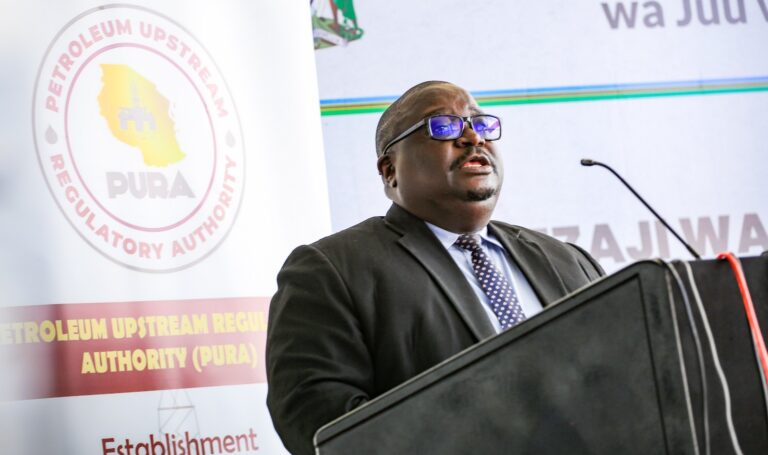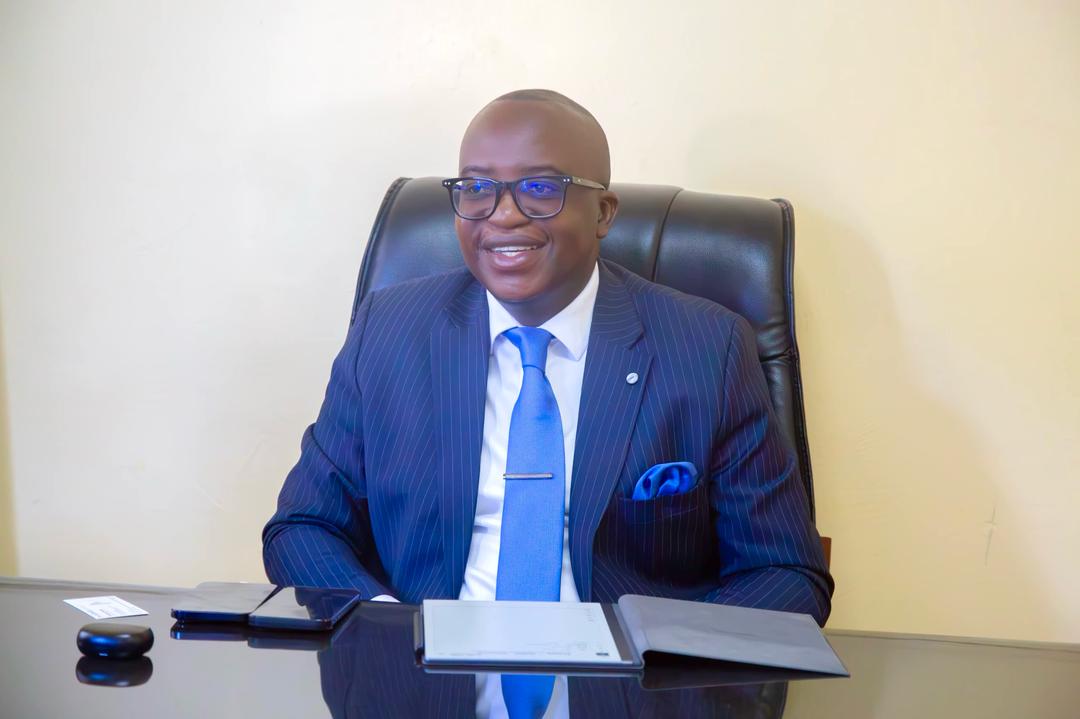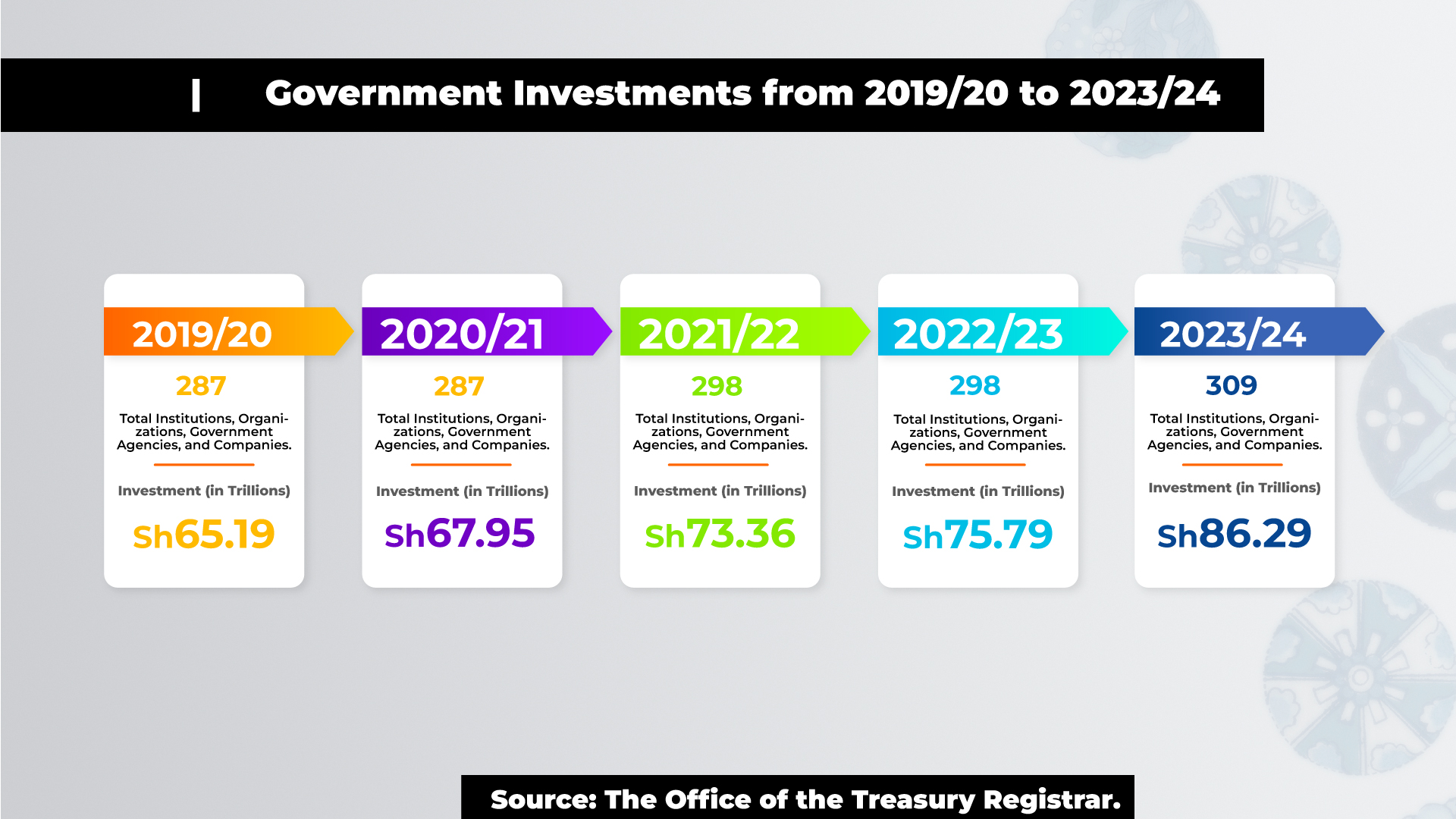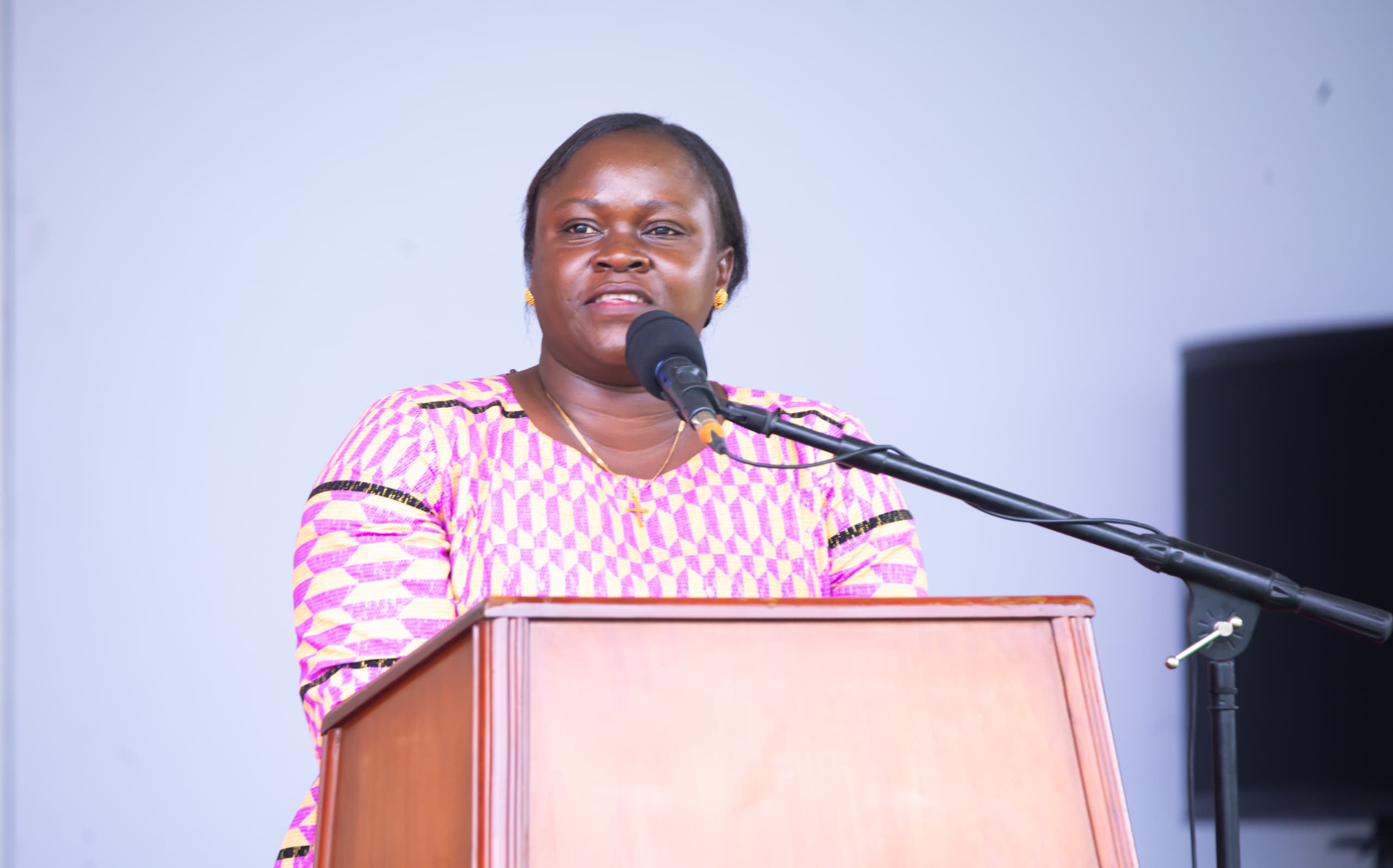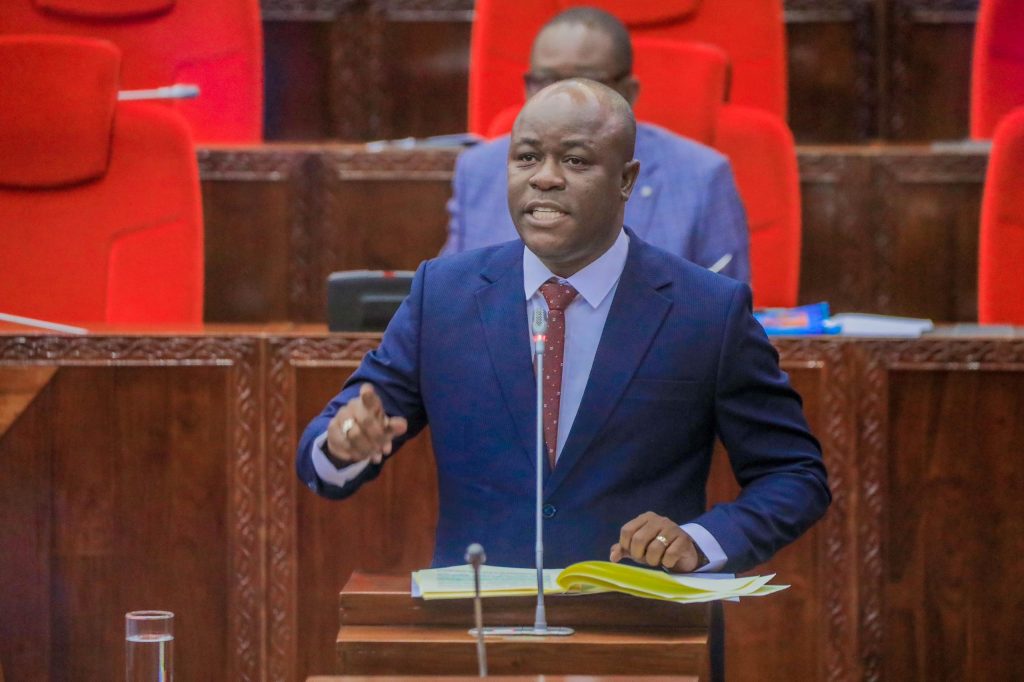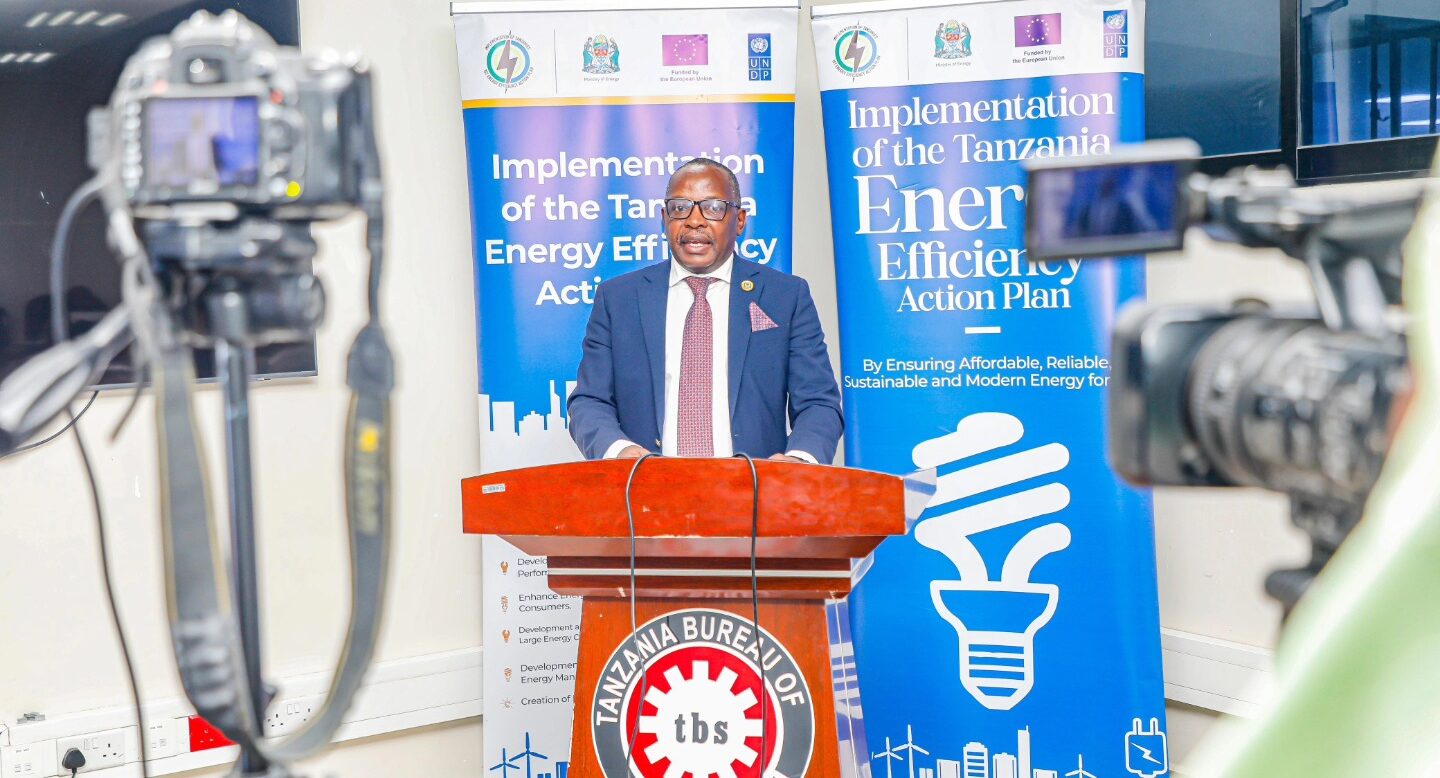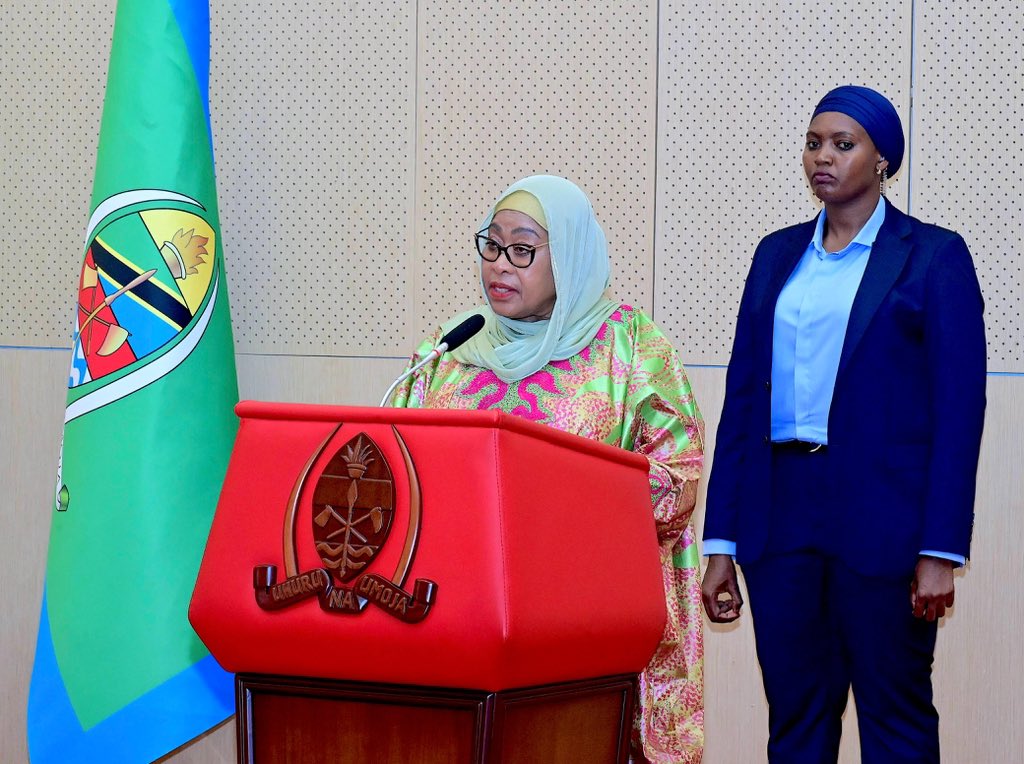Dar es Salaam. The government has recovered more than Sh340 billion in natural gas revenue that would otherwise have been claimed by investors, thanks to strengthened oversight and verification mechanisms in the petroleum upstream sub-sector, the Petroleum Upstream Regulatory Authority (Pura) has said.
Addressing reporters on May 19, 2025, Pura Director General, Charles Sangweni, said the recovered funds had been channelled back into the government’s revenue-sharing fund following intensified auditing of Production Sharing Agreements (PSAs).
The amount represents a significant fiscal gain from improved regulatory vigilance under the Sixth-Phase Government.
“These funds were initially presented as part of capital recovery costs by investors. However, through a meticulous auditing process and strengthened enforcement of contractual obligations, we were able to establish that the claims were ineligible. The money has now been returned to the people of Tanzania,” Mr Sangweni said.
The milestone reflects the government’s growing commitment to safeguarding national interests in the extractive industry. It also underscores the importance of transparency and accountability in managing strategic natural resources.
Mr Sangweni said the achievement was part of broader reforms and regulatory improvements implemented since March 2021. Over this period, Pura had intensified the verification of petroleum revenues, scrutinised cost claims by contractors, and enhanced contract management to ensure value for money.
Key developments in the gas sector
Mr Sangweni said the upstream sub-sector had seen notable progress in the past four years, including the issuance of a development licence for the Ntorya gas discovery block.
In addition, five natural gas wells were rehabilitated, leading to greater output stability.
The period also saw Tanzania produce over 301.33 billion standard cubic feet (scf) of natural gas—142.35 billion scf from Mnazi Bay and 158.98 billion scf from Songo Songo.
Annual production averages increased compared to prior periods, reaching 35.59 billion scf in Mnazi Bay and 39.74 billion scf in Songo Songo.
The gas is distributed to key sectors of the economy, including power generation, industries, domestic use, institutions, and compressed natural gas for vehicles.
To improve efficiency, Pura has invested in digital infrastructure, enabling automated monitoring and reporting of petroleum operations.
The authority’s human resource capacity has also been boosted, with staffing levels more than doubling from 45 in 2021 to 93 in 2025.
Promoting Local Content
Pura said enforcement of local content provisions had improved, leading to a substantial rise in Tanzanian participation in the gas sector.
Mr Sangweni said Tanzanians now make up an average of 85 percent of the upstream petroleum workforce, up from less than 50 percent previously.
Similarly, the procurement of local goods and services has increased to 60 percent, compared to under 40 percent in earlier years.
To institutionalise local participation, Pura continues to register Tanzanian service providers and professionals through the Common Qualification System (CQS), ensuring that qualified locals access business and employment opportunities in the gas sector.
Readiness for Licensing Round
Mr Sangweni revealed that preparations were at an advanced stage for Tanzania’s fifth oil and gas licensing round, with the last such round held in 2013.
He said the government aimed to unlock new exploration investments, increase reserves, and strengthen the sector’s contribution to economic development.
Expected benefits include job creation, increased government revenues, and a rise in demand for local goods and services.
Moreover, the expansion of exploration activities will enrich the national petroleum data bank, providing a more robust foundation for future licensing and investment.
Long-term gains and LNG prospects
Mr Sangweni commended the Sixth-Phase Government under President Samia Suluhu Hassan for prioritising strategic energy investments.
In particular, he hailed the progress made in negotiations for the Liquefied Natural Gas (LNG) project, describing it as a transformative initiative with long-term benefits for Tanzania.
“The LNG project is expected to create jobs, earn foreign currency, spur the development of gas-based industries, and boost the country’s industrial exports. It will be one of the single most important investments in Tanzania’s economic future,” he said.

